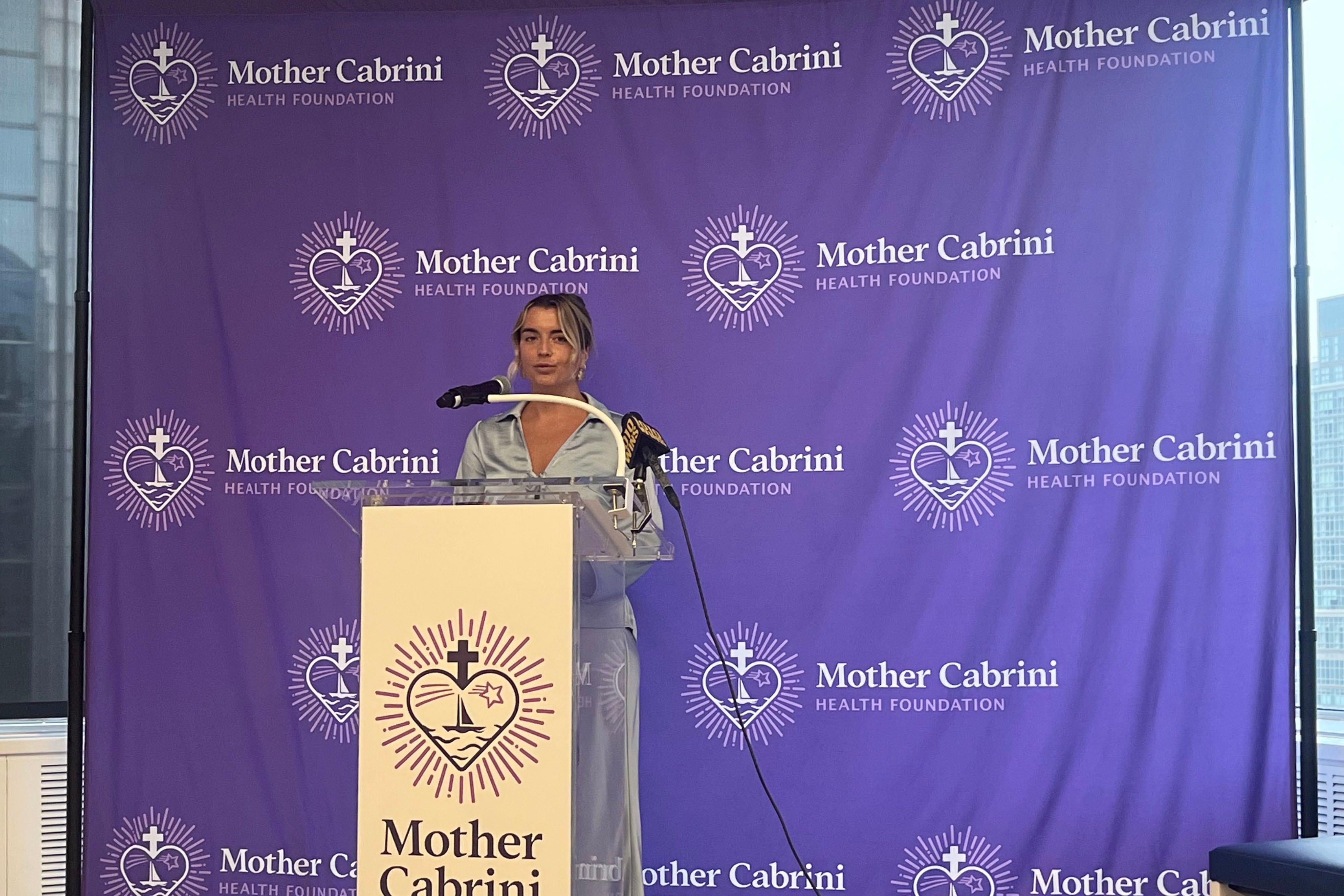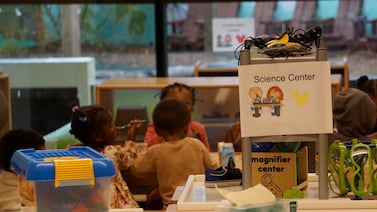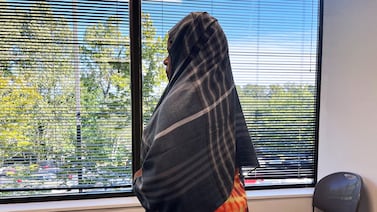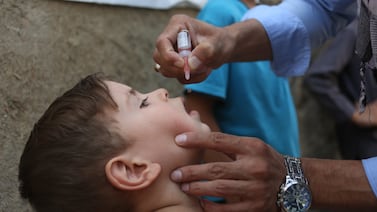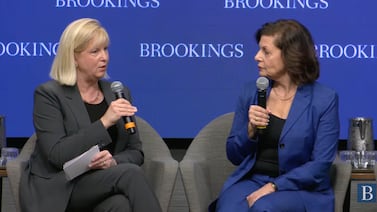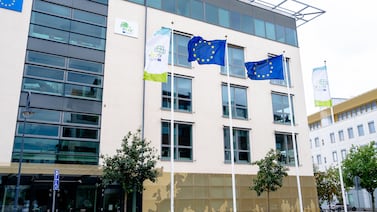Public health, explained: Sign up to receive Healthbeat’s free New York City newsletter here.
As New York faces a persistent nursing shortage, more than a dozen hospitals across the state, including three in the Bronx, are poised to receive a significant boost for their recruitment and retention efforts.
A $51 million grant program from the Mother Cabrini Health Foundation, a private nonprofit, announced on Wednesday, will fund efforts to strengthen the state’s nursing workforce as New York braces for an estimated shortage of nearly 40,000 nurses by 2030. The funding will help hospitals apply for nursing accreditation programs, which hospital leaders say will improve nurses’ well-being, as well as patient care.
At a press conference in Midtown, Monsignor Greg Mustaciuolo, the foundation’s CEO, described the nursing shortage in New York as a “staggering problem” without an easy fix — but one worth tackling.
“This is all about affirming our nurses and supporting the work that they do, and doing as much as we can do to help them,” he said.
The foundation launched the grant program following the publication of a 2024 report from the Center for Health Workforce Studies at the University of Albany’s School of Public Health that identified pervasive statewide shortages in registered nurses and licensed practical nurses, driven by the Covid-19 pandemic, a wave of retirements, a diminished pipeline of qualified workers, and the draw of better-paid opportunities outside healthcare.
Through the program, hospitals from Hudson to Auburn will receive grants of $1 million to $5 million over the next five years to pursue accreditations from the American Nurses Credentialing Center, which sets standards for nursing excellence. The funding will also help hospitals establish or expand nurse residency programs, and bolster virtual nursing, a health care delivery approach where off-site nurses assist with tasks to reduce administrative burden.
Martine Edwards, the vice president of nursing operations and quality nursing at St. Barnabas Hospital in the Bronx, said the grant would be “transformative” for the hospital, helping to strengthen the “continuing education of our staff, which will eventually decrease health care workforce shortages and promote career progression.”
At the Moses campus of the Montefiore Einstein Hospital, also in the Bronx, their grant will enhance professional development, leadership, and mentorship opportunities, expand nurse residency programs, and support wellness initiatives, said Maureen Scanlan, senior vice president and chief nursing executive.
The accreditation process is resource-intensive and can be particularly difficult for safety-net hospitals to achieve. Nurses and hospital leadership work together to identify gaps in care and strategize solutions, often over the course of years, said Rebecca Graystone, ANCC’s senior vice president of accreditation and organization credentialing.
Michael J. Fosina, the president of Calvary Hospital, a Bronx hospital that specializes in palliative care for adult patients with advanced cancer and other illnesses, said their grant would help strengthen nurse recruitment and retention.
“We don’t have enough nurses in this country. We don’t have enough physicians in this country. While we’re trying to change that as an industry, getting on the Magnet journey helps other nurses know that the institution is investing in nursing,” he said, referring to one of the accreditation programs.
Catherine Nicpon is a perinatal float nurse — working in the neonatal intensive care, labor and delivery, and mother-baby units — at Mercy Hospital in Rockville Centre, part of the Catholic Health System of Long Island.
While many hospitals feel the pressure of the workforce shortage, Nicpon said she hopes the grant will help nurses like herself offer more advanced care — and increase staff confidence.
“Happier nurses make for happier patients,” she said.
Eliza Fawcett is a reporter covering public health in New York City for Healthbeat. Contact Eliza at efawcett@healthbeat.org .

